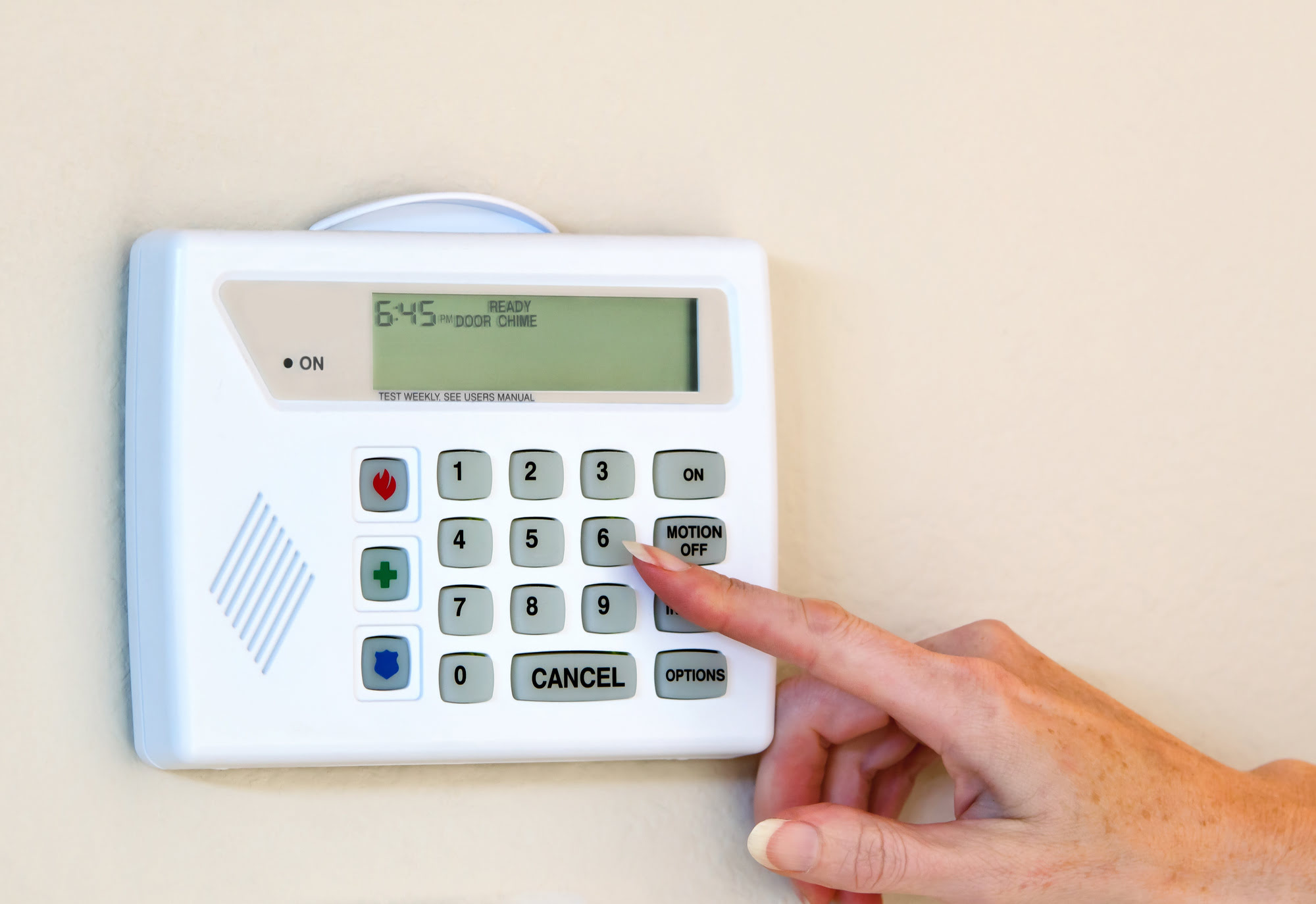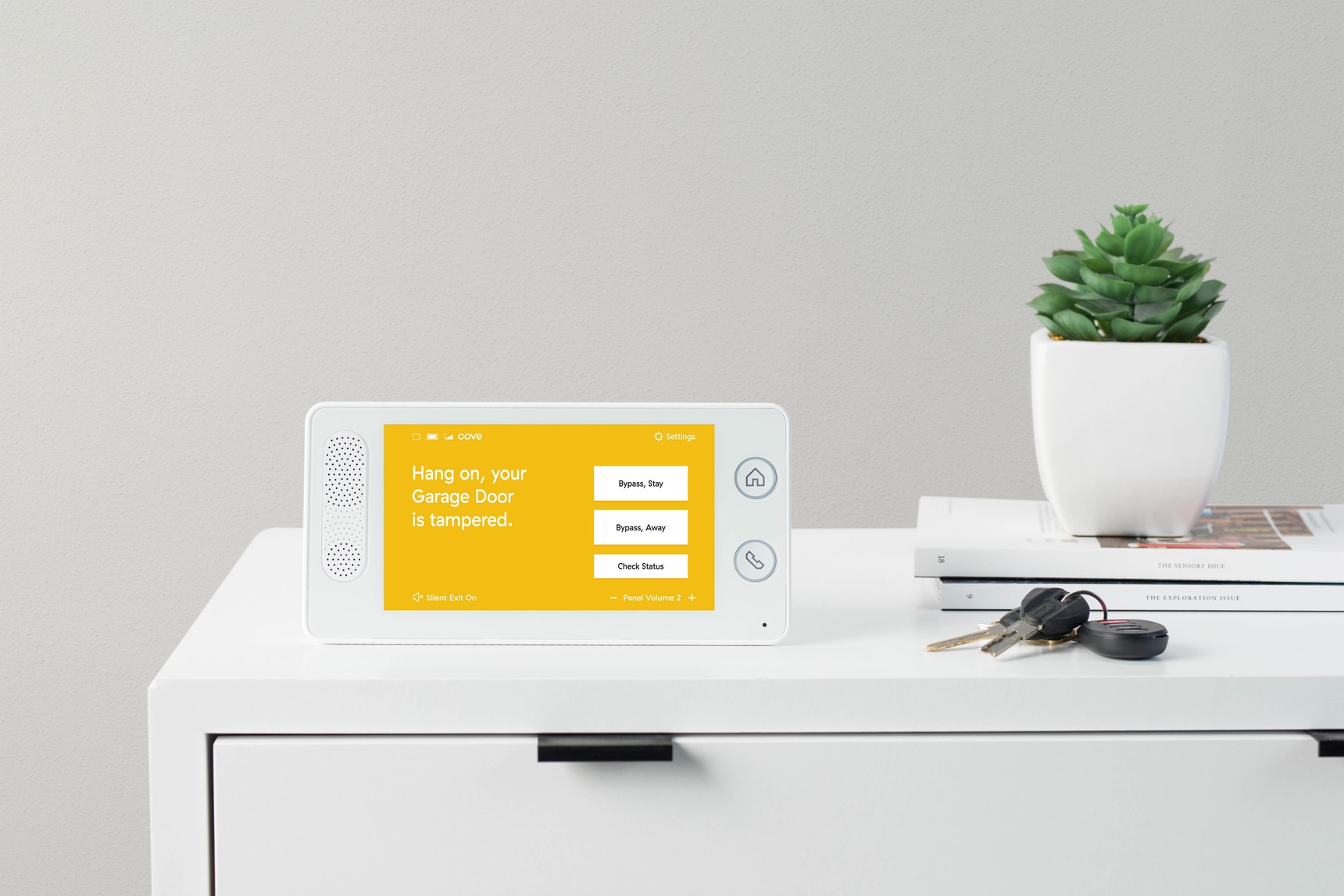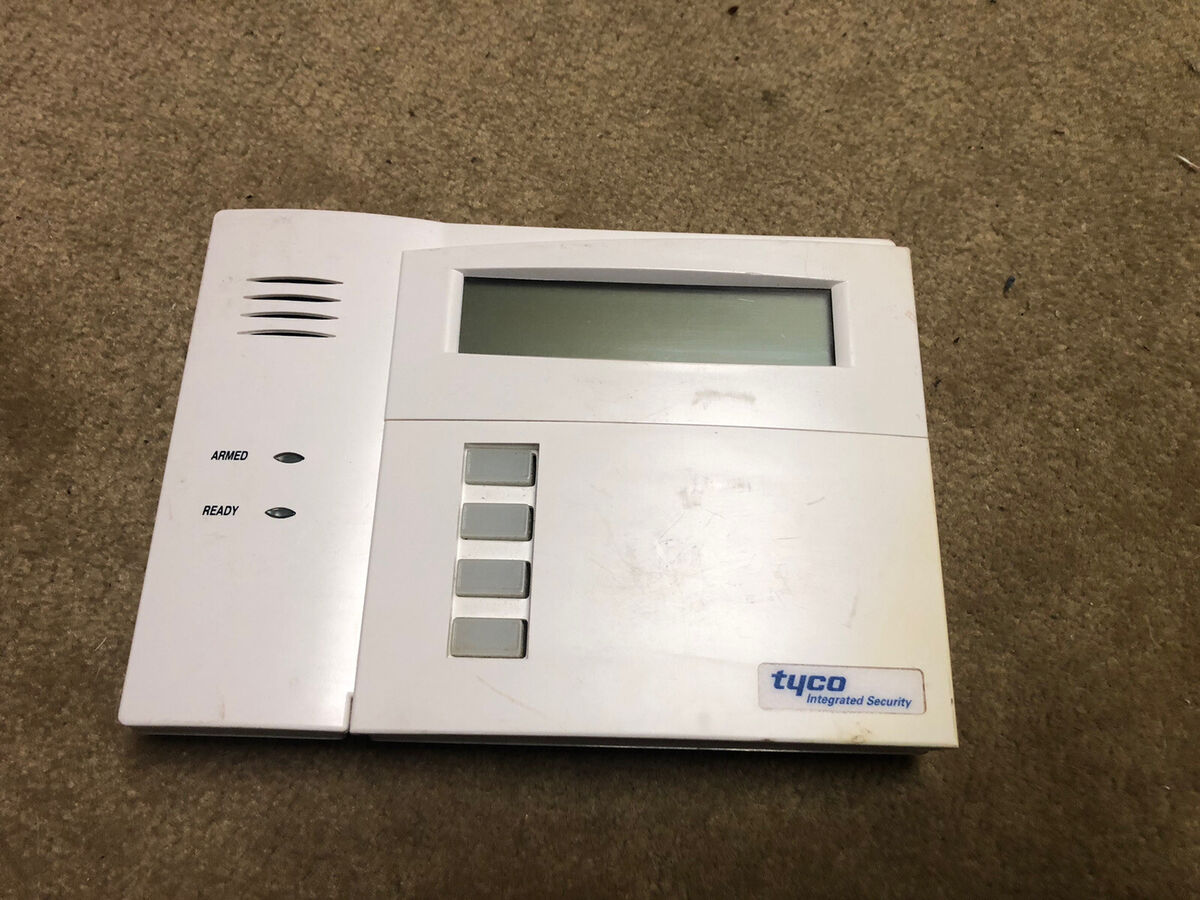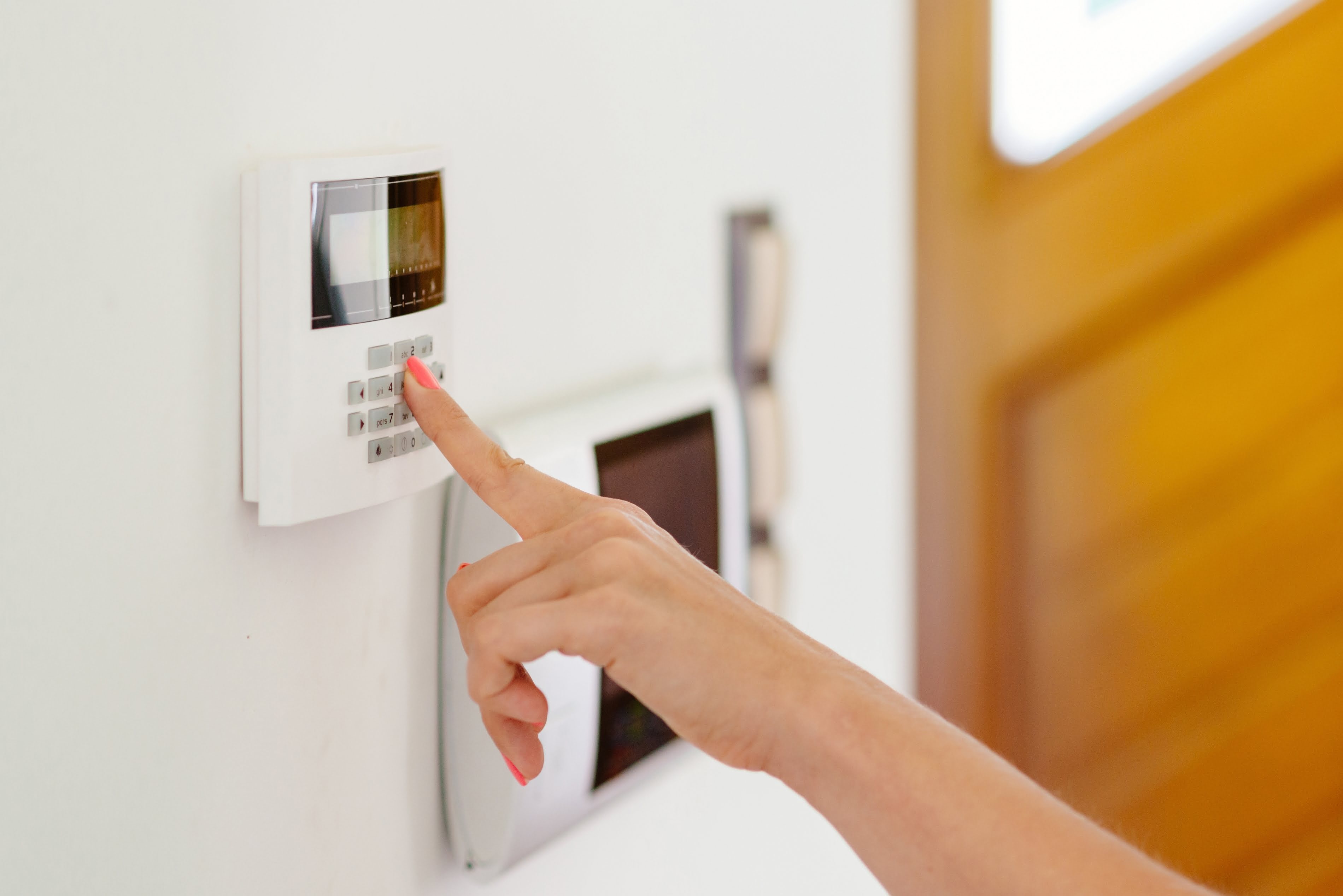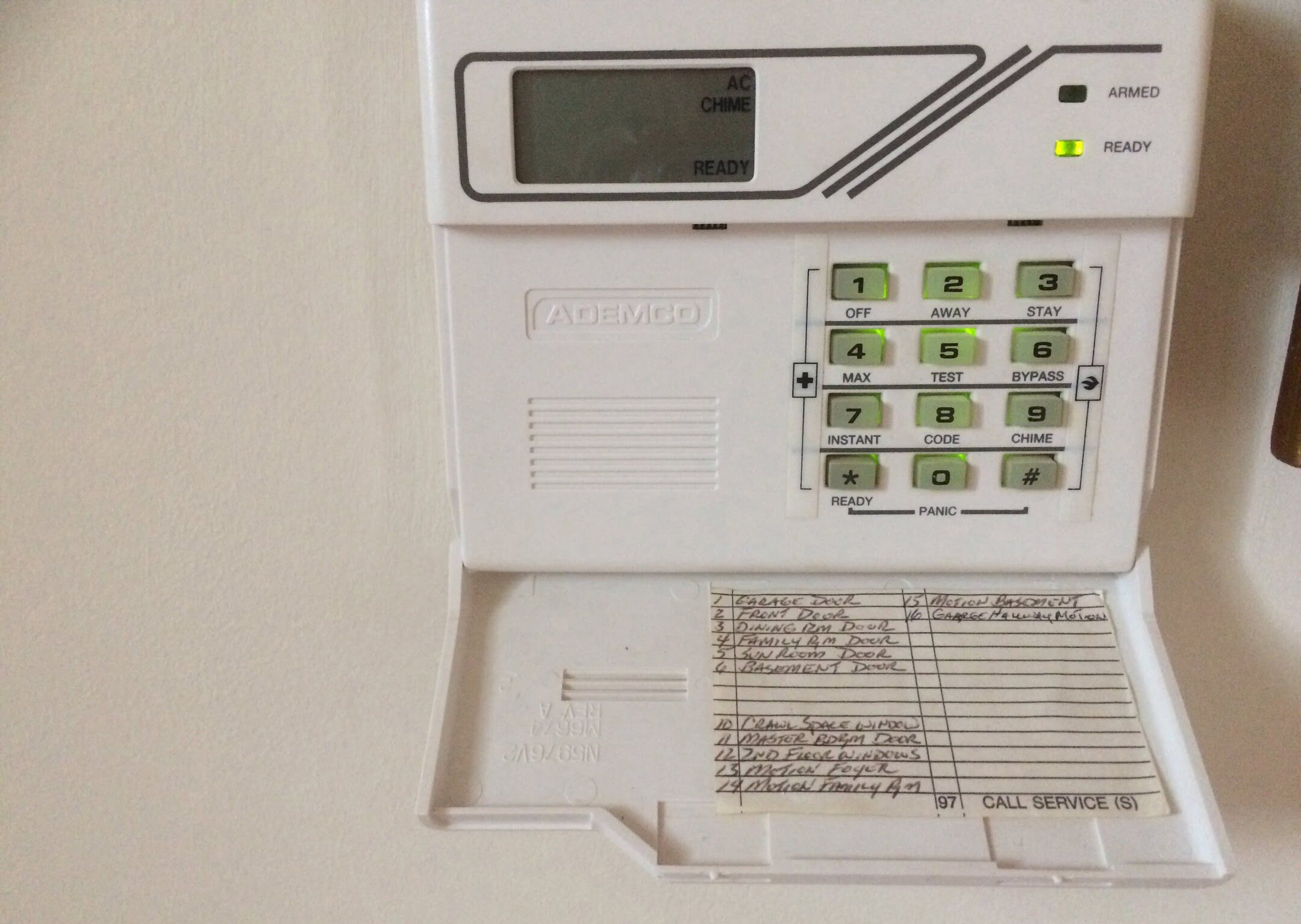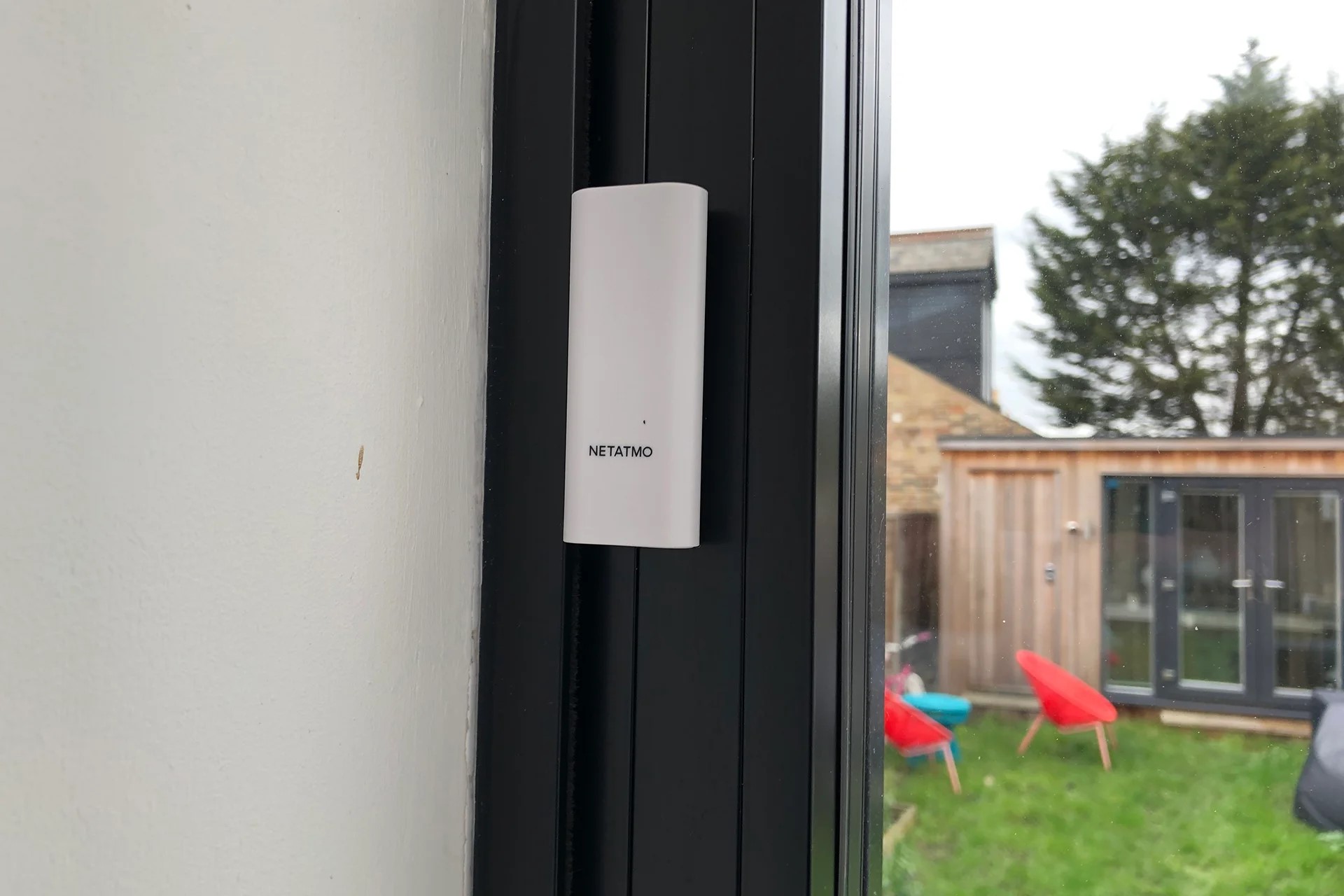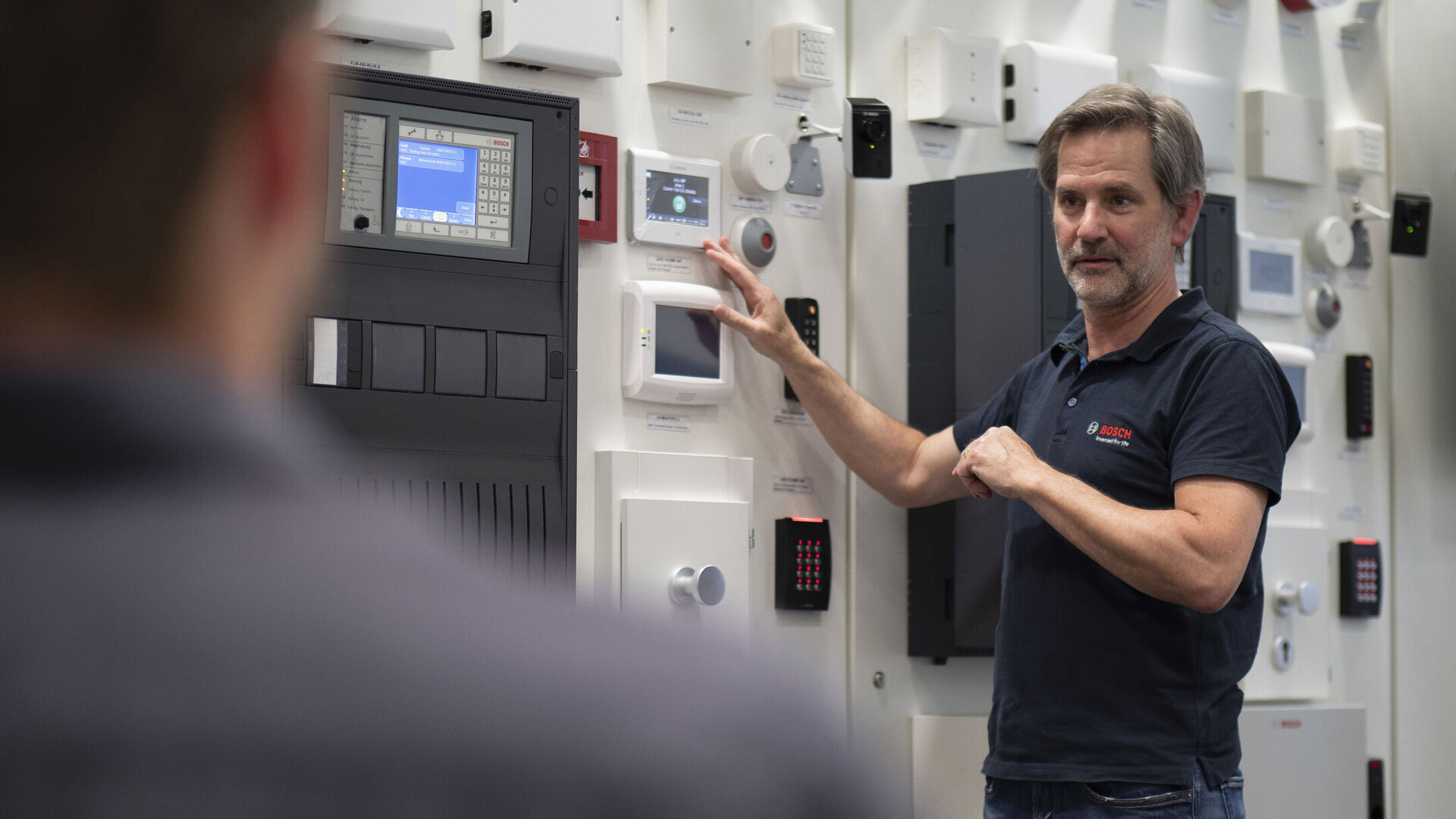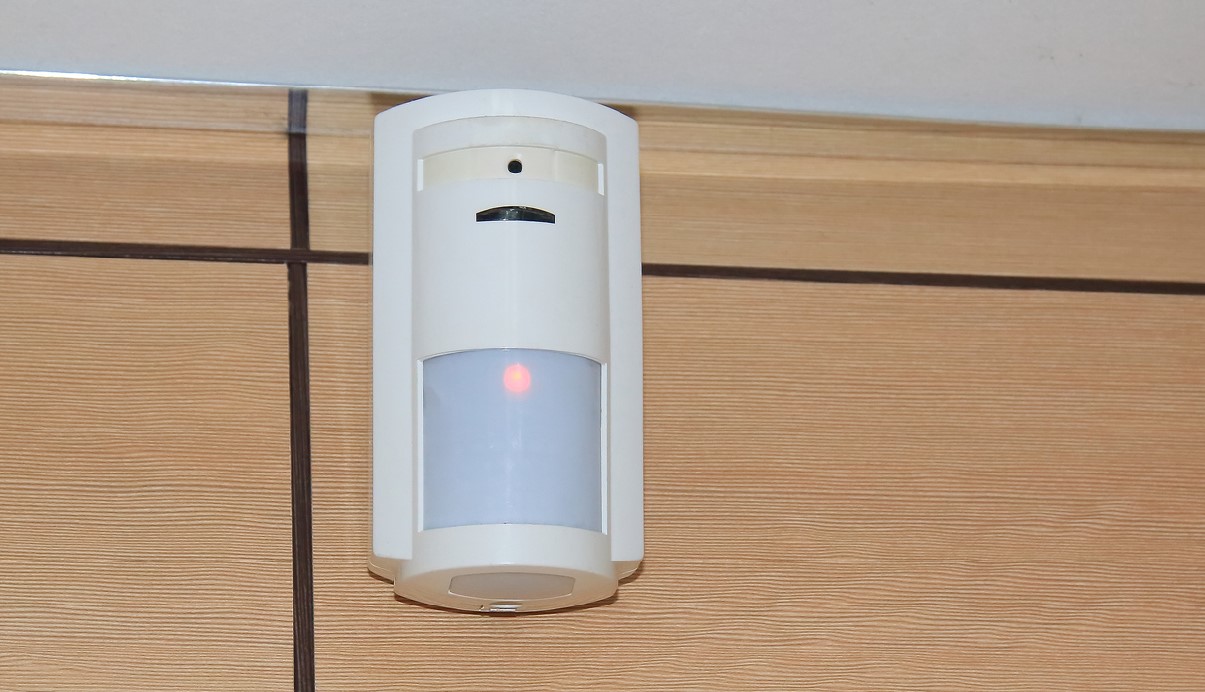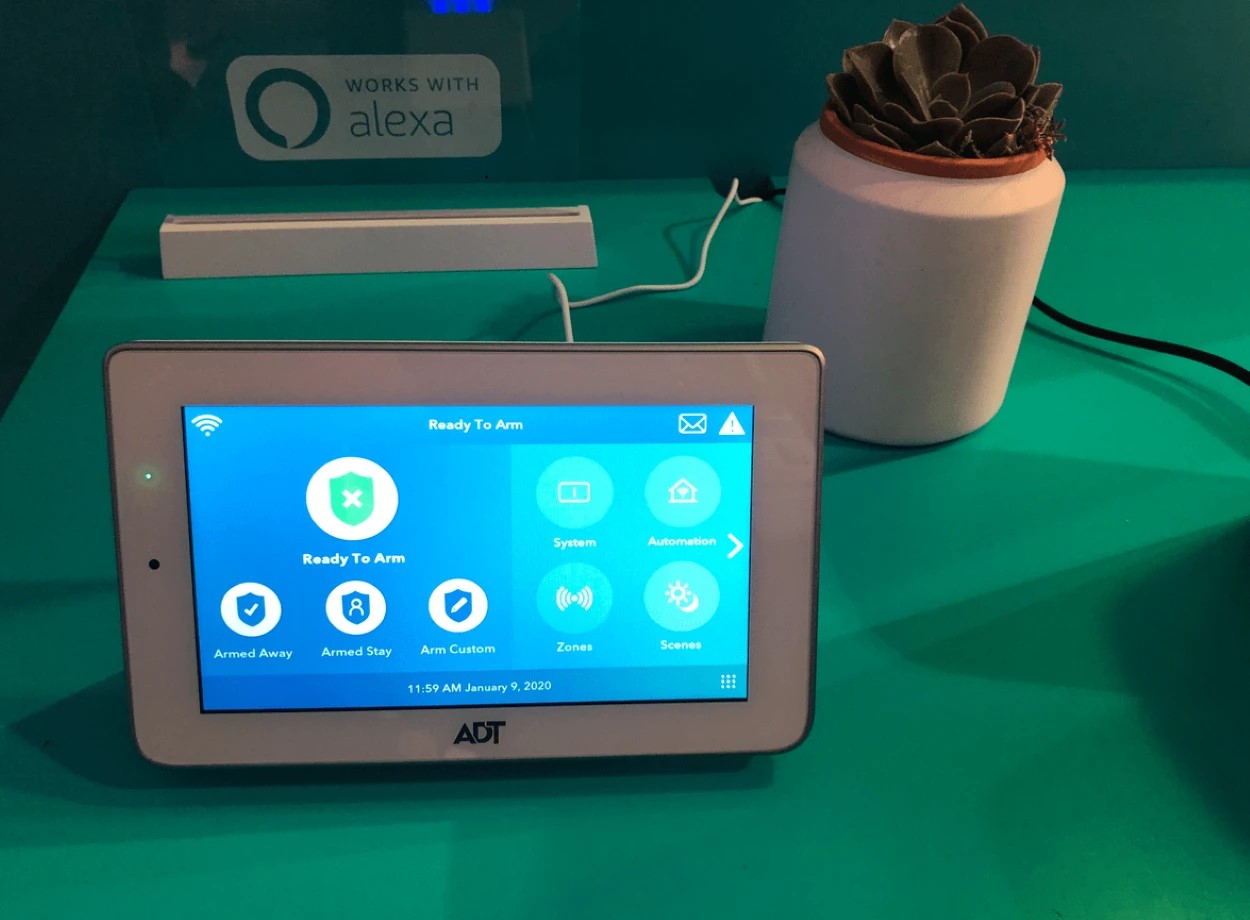Home>Home Security and Surveillance>How Are Most Residential And Commercial Alarm Systems Powered
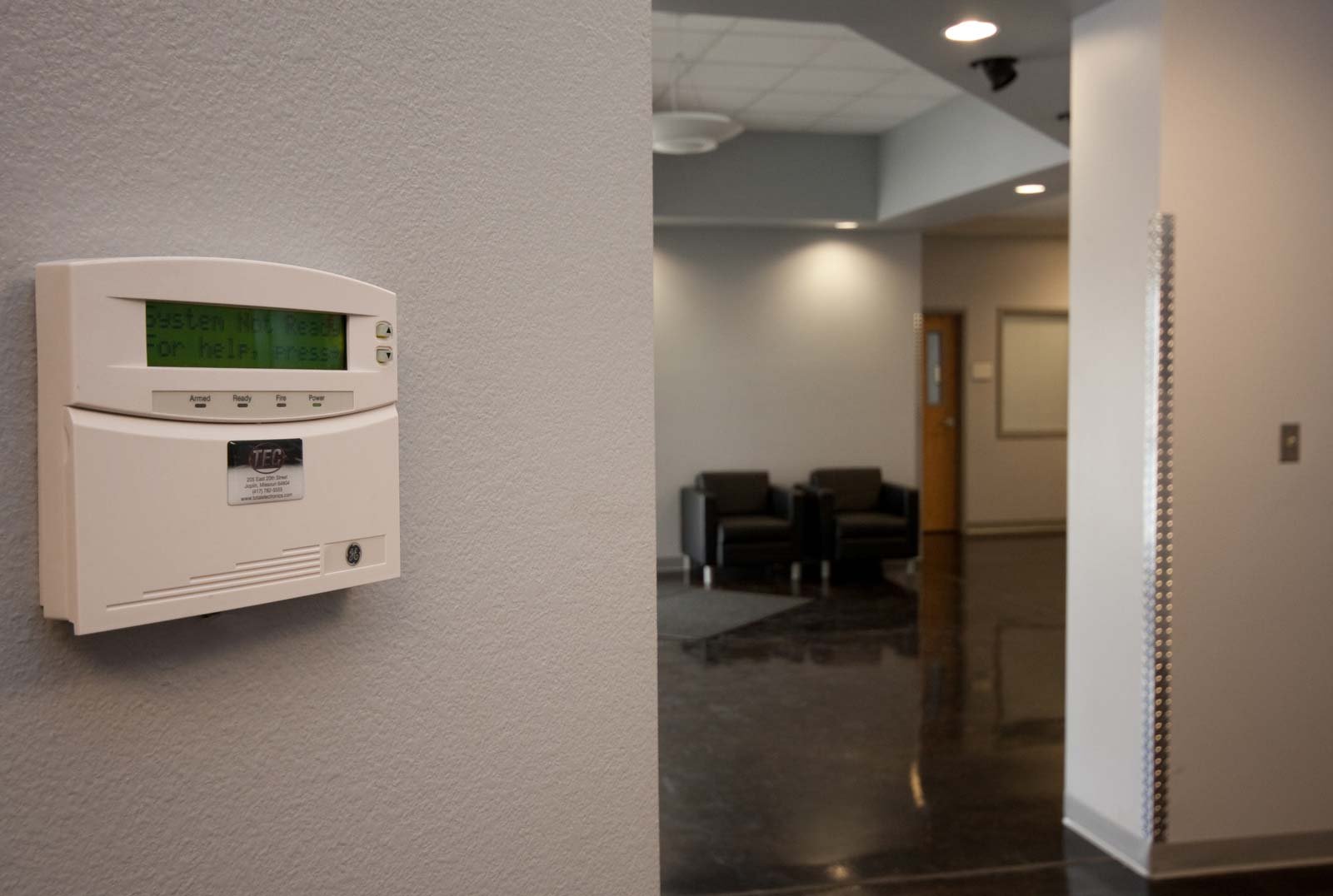

Home Security and Surveillance
How Are Most Residential And Commercial Alarm Systems Powered
Modified: October 20, 2024
Discover how most residential and commercial alarm systems are powered for optimal home security and surveillance. Explore various power sources and installation options.
(Many of the links in this article redirect to a specific reviewed product. Your purchase of these products through affiliate links helps to generate commission for Storables.com, at no extra cost. Learn more)
Introduction
Welcome to the world of home security and surveillance, where protecting your loved ones and valuable assets is of paramount importance. With advancements in technology, there is a wide array of alarm systems available for residential and commercial use. These systems serve as a crucial deterrent against intruders and provide peace of mind for property owners.
One crucial aspect to consider when choosing an alarm system is its power source. In this article, we will discuss the different types of alarm systems and how they are powered.
When it comes to alarm systems, there are primarily three types: battery-powered, hardwired, and wireless systems. Each type has its own advantages and limitations, depending on the specific needs and requirements of the property owner.
Key Takeaways:
- Choose the Right Power Source
Battery-powered systems offer convenience and portability, hardwired systems provide reliability and extended coverage, and wireless systems offer flexibility and advanced features. Consider your property’s needs and electrical infrastructure when selecting the right power source. - Ensure Reliable Backup Power
Rechargeable batteries offer short-term backup, standby generators provide continuous power, and solar power offers a sustainable alternative. Assess your property’s location and power outage duration to choose the most suitable backup power option.
Battery-Powered Alarm Systems
Battery-powered alarm systems are popular among homeowners and business owners for their convenience and easy installation. These systems are typically powered by replaceable batteries, eliminating the need for complex wiring or access to electrical outlets.
One of the key advantages of battery-powered alarm systems is their portability. They can be easily moved or repositioned without the need for professional assistance. This makes them an ideal choice for renters or those who frequently change their living or working spaces.
Furthermore, battery-powered alarm systems are not affected by power outages. In the event of a blackout or electrical failure, the system continues to function, ensuring continuous protection. This is a critical advantage, as intruders may attempt to exploit vulnerabilities in security during power outages.
However, battery-powered alarm systems do have some limitations. The primary limitation is the need to periodically replace batteries. Depending on the system’s usage, batteries may require replacement every few months or years. It is essential to regularly check the battery life and replace them as needed to ensure uninterrupted functionality.
Additionally, battery-powered systems may be less suitable for properties requiring high levels of security or those with numerous entry points. These systems often have limited coverage and may not offer the same level of protection as hardwired or wireless systems.
Despite these limitations, battery-powered alarm systems offer a cost-effective solution for basic security needs. They are easy to install, portable, and reliable during power outages, making them an attractive option for many homeowners and small business owners.
Hardwired Alarm Systems
Hardwired alarm systems, also known as wired or cabled systems, are a popular choice for both residential and commercial properties. These systems are directly connected to the electrical wiring of the building, providing a consistent and reliable power source.
One of the key advantages of hardwired alarm systems is their reliability. Since they are connected to the building’s electrical infrastructure, they do not rely on batteries for power. This means there is no need to worry about battery replacement or system failure due to drained batteries.
Additionally, hardwired alarm systems offer extended coverage and are capable of securing large properties with multiple entry points. The wiring ensures a stable and uninterrupted power supply, enabling the system to operate efficiently 24/7.
Another advantage of hardwired alarm systems is their integration with other security features. These systems can be seamlessly integrated with CCTV cameras, motion sensors, and access control systems, enhancing the overall security of the property.
However, hardwired alarm systems do have some limitations. The installation process for these systems can be complex and time-consuming, requiring professional expertise. It involves running wires through walls, ceilings, and floors, which may not be feasible in all buildings.
Another limitation is the lack of flexibility in system placement. Once the wires are installed, it can be challenging to relocate the sensors or control panels. This can be a drawback for those who wish to modify or expand their security system in the future.
Despite these limitations, hardwired alarm systems offer a reliable and comprehensive security solution for properties that require extensive coverage and integration with other security features. They are ideal for homeowners and businesses seeking a robust and permanent security solution.
Wireless Alarm Systems
Wireless alarm systems have gained significant popularity in recent years due to their flexibility, ease of installation, and advanced features. As the name suggests, these systems operate wirelessly, utilizing radio frequencies to transmit signals between the various components.
One of the significant advantages of wireless alarm systems is their ease of installation. Since they do not require any wiring, they can be readily set up without the need for professional assistance. This makes them an attractive option for homeowners and renters who value convenience and want to avoid the hassle of drilling holes or running cables.
Wireless alarm systems also offer great flexibility in terms of system placement. The absence of wiring allows for easy relocation of sensors and control panels without the need for extensive rewiring. This feature makes wireless systems ideal for those who frequently change their living or working spaces.
Another advantage of wireless alarm systems is the integration of advanced technology. These systems often have additional features like remote access, smartphone connectivity, and home automation integration. Users can control and monitor their security system remotely, receive alerts, and even manage other smart devices in their homes, enhancing convenience and security.
However, wireless alarm systems do have some limitations. The main limitation is their reliance on batteries for power. While battery life has significantly improved over the years, it is essential to periodically check and replace batteries to ensure the system’s uninterrupted operation.
Another limitation is the potential for signal interference. Wireless systems can be affected by other electronic devices or physical barriers, such as thick walls or metal structures. This interference can weaken the signal transmission and impact the overall effectiveness of the system.
Despite these limitations, wireless alarm systems provide an excellent solution for those who prioritize convenience, flexibility, and advanced features. With advancements in technology, wireless systems have become more reliable and offer comparable security to their wired counterparts.
Most residential and commercial alarm systems are powered by electricity from the main power supply, with a backup battery in case of power outages.
Power Sources for Alarm Systems
When it comes to powering alarm systems, there are two primary sources: AC power (alternating current) and DC power (direct current). Understanding the difference between these power sources is essential in choosing the right system for your property.
AC power is the standard power source found in most residential and commercial buildings. It is the power supplied by the electrical grid and is used to operate various household appliances and systems. AC-powered alarm systems connect directly to the building’s electrical system, utilizing this constant power source for their operation.
AC-powered alarm systems offer several advantages. The availability of continuous power eliminates the need for battery replacement and ensures uninterrupted operation, even during extended power outages. These systems also benefit from the stability and reliability of AC power, allowing for consistent performance.
On the other hand, DC power is primarily used for low-voltage systems, such as security cameras, sensors, and control panels. DC-powered alarm systems often incorporate a transformer or power supply to convert the incoming AC power into the required DC voltage.
DC-powered alarm systems have their own set of advantages. They are typically more energy-efficient than AC-powered systems, as they do not require constant conversion from AC to DC power. Additionally, DC power enables the use of backup battery systems, allowing the alarm system to continue functioning even during power outages.
While AC power is prevalent in buildings, some alarm systems may rely solely on DC power, especially in remote locations or areas with poor electrical infrastructure. In such cases, the alarm system will require a dedicated DC power source, such as batteries or solar panels.
It is important to consider the power source requirements when choosing an alarm system. AC-powered systems are ideal for properties with reliable electrical connections and no concerns about power outages. On the other hand, DC-powered systems, especially those with backup battery options, offer added resilience and are suitable for areas prone to power failures or properties seeking an extra layer of security.
Read more: How Do Commercial HVAC Systems Work
Backup Power Options
Ensuring a continuous power supply is crucial for alarm systems to function effectively. In the event of a power outage or disruption, having a reliable backup power source is essential. Here are three common backup power options for alarm systems: rechargeable batteries, standby generators, and solar power.
Rechargeable Batteries: Rechargeable batteries serve as a reliable backup power option for alarm systems. These batteries are designed to store electrical energy and can be charged and discharged multiple times. When the primary power source fails, the backup batteries automatically take over, ensuring uninterrupted operation of the alarm system. Rechargeable batteries are often included in wireless alarm systems and can provide backup power for several hours, depending on the system’s power consumption.
Standby Generators: Standby generators are a more robust backup power option that can provide electricity to an entire property during a power outage. These generators are typically powered by natural gas or propane and are connected to the building’s electrical system. When the primary power supply fails, the standby generator automatically kicks in, restoring power to the alarm system and other critical appliances. Standby generators are particularly beneficial for properties that require constant power, such as commercial buildings or properties in areas with frequent power outages.
Solar Power: Solar power is an environmentally friendly and sustainable backup power option for alarm systems. Solar panels are installed to capture sunlight and convert it into electricity. This power is then used to charge batteries or directly power the alarm system. Solar-powered backup systems offer the advantage of continuous power supply even during extended power outages. They are particularly useful for properties in remote areas or those looking to reduce their reliance on the electrical grid. Additionally, solar power can be integrated with rechargeable batteries, allowing for continuous power availability even when sunlight is limited.
Choosing the right backup power option for your alarm system depends on various factors, including the property’s location, the duration of power outages, and the specific requirements of the system. Rechargeable batteries are suitable for short-term power interruptions, while standby generators provide a reliable solution for longer outages. Solar power offers a sustainable and independent power source, especially in remote or eco-conscious areas.
By incorporating an appropriate backup power option, you can ensure that your alarm system remains operational even during power disturbances, providing continuous protection for your property and peace of mind for you and your loved ones.
Conclusion
Choosing the right power source for your home or business alarm system is crucial in ensuring its reliability and effectiveness. Battery-powered alarm systems offer convenience and portability, making them a great option for renters or those who frequently change locations. Hardwired systems, on the other hand, provide a reliable and permanent solution with extended coverage and integration capabilities.
Wireless alarm systems offer flexibility and advanced features, making them a popular choice for homeowners and businesses. They provide easy installation, convenient remote access, and seamless integration with smart home technology. However, it’s important to consider their reliance on batteries and the possibility of signal interference.
When it comes to power sources, AC power offers a consistent and reliable supply, while DC power is often used for low-voltage components and backup battery systems. Choosing between these options depends on the property’s electrical infrastructure and the need for backup power during outages.
Speaking of backup power, rechargeable batteries, standby generators, and solar power are all viable options. Rechargeable batteries provide short-term backup in case of power failure and are typically integrated into wireless alarm systems. Standby generators offer a robust solution for properties that require continuous power, while solar power offers an environmentally friendly and sustainable alternative.
In conclusion, the power source and backup power options you choose for your alarm system depend on factors such as the property’s characteristics, your specific needs, and the level of convenience and reliability you require. Assess your requirements carefully and consult with professionals to make informed decisions that ensure the safety and security of your property, loved ones, and valuable assets.
Frequently Asked Questions about How Are Most Residential And Commercial Alarm Systems Powered
Was this page helpful?
At Storables.com, we guarantee accurate and reliable information. Our content, validated by Expert Board Contributors, is crafted following stringent Editorial Policies. We're committed to providing you with well-researched, expert-backed insights for all your informational needs.

